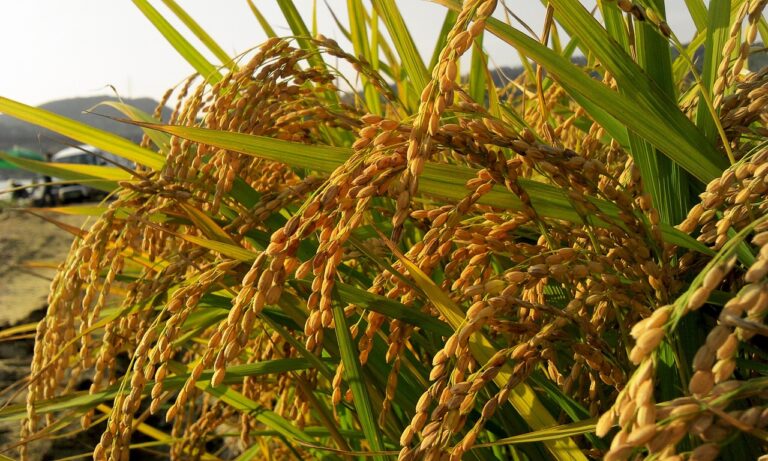Ethical Considerations in Consumer Food Choices
When it comes to making choices about what to eat, several factors play a significant role in influencing our decisions. Taste preferences are often at the forefront of our minds when selecting food. Our individual likes and dislikes for certain flavors and ingredients heavily sway our food choices, leading us to opt for foods that we find pleasing to our palates.
In addition to taste, convenience is another key factor that shapes our food decisions. Busy schedules and the fast-paced nature of modern life often push individuals towards quick and easy meal options. Pre-packaged foods, fast food restaurants, and meal delivery services offer convenience and time-saving solutions for those with hectic lifestyles, making them popular choices for many people.
Exploitation in Food Production
Exploitation in food production is a concerning issue that is prevalent in many parts of the world. The documentary “Food, Inc.” shed light on the harsh reality of how workers in the food industry are often subjected to low wages, long hours, and unsafe working conditions. In some cases, migrant workers face discrimination and live in deplorable housing conditions while working in farms and food processing plants.
Furthermore, the exploitation of animals in food production is also a major ethical dilemma. Factory farms often prioritize profits over the well-being of animals, leading to overcrowded and unsanitary living conditions. This not only raises concerns about animal welfare but also the health implications of consuming products from animals that have been mistreated. Exploitation in food production is a complex issue that requires attention and action to ensure fair treatment for both workers and animals involved in the industry.
Environmental Impact of Food Choices
The environmental impact of food choices is a critical aspect that individuals should consider. The production, transportation, and disposal of food can significantly contribute to greenhouse gas emissions, deforestation, and water pollution. The choices we make in selecting our food can either contribute to sustainable practices that help preserve our planet or add to the depletion of natural resources.
Moreover, food production methods, such as factory farming and monocropping, can lead to soil degradation, loss of biodiversity, and excessive water usage. By being mindful of the environmental consequences of our food choices, we can opt for products that are sustainably produced, locally sourced, and organic whenever possible. It is essential to recognize the interconnectedness between our food habits and the health of the planet, as our decisions can have long-lasting effects on the environment.
What are some factors that influence food choices?
Factors that influence food choices include cultural, social, economic, and personal preferences. Availability, convenience, and marketing also play a role in shaping our food choices.
How does exploitation in food production impact the environment?
Exploitation in food production can lead to deforestation, depletion of natural resources, soil degradation, and pollution. It can also contribute to greenhouse gas emissions and loss of biodiversity.
What are some examples of environmental impact of food choices?
Some examples of environmental impact of food choices include water usage, energy consumption, land degradation, deforestation, and greenhouse gas emissions. Choosing sustainable and locally sourced foods can help reduce these impacts.
How can individuals make environmentally friendly food choices?
Individuals can make environmentally friendly food choices by opting for plant-based foods, choosing organic and locally sourced products, reducing food waste, and supporting sustainable farming practices. Additionally, being mindful of packaging and transportation methods can also help reduce environmental impact.







